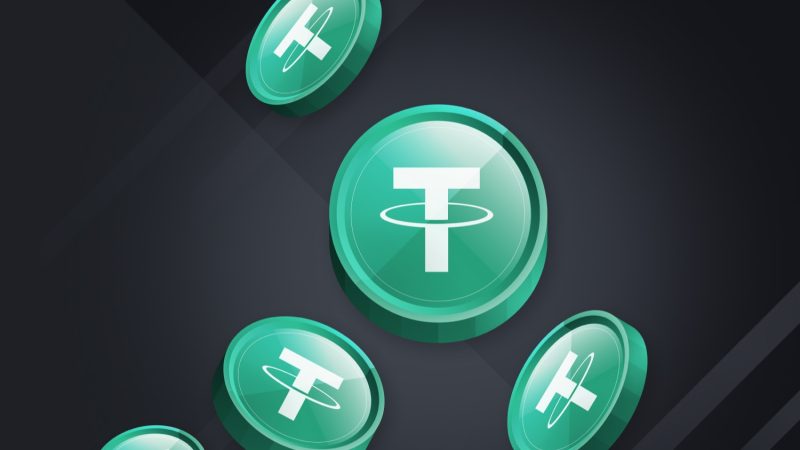Tether, the company behind the USDT stablecoin, has announced a strategic investment of $18.75 million in XREX Group and the launch of a new stablecoin, XAU1. This initiative aims to enhance cross-border business-to-business (B2B) payments and innovate regulatory technology within the digital asset industry.
Strategic Investment in XREX Group
Tether’s investment in XREX Group is set to improve regulatory-compliant, Tether-based cross-border B2B payments. The collaboration promises increased efficiency and reduced costs for businesses engaged in international transactions.
Cross-Border Payments
According to Paolo Ardoino, CEO of Tether, this partnership will lead to several innovative initiatives. These include the launch of a unitized stablecoin by the Unitas Foundation and the facilitation of USDT-based cross-border payments. Ardoino stated:
“Our collaboration with XREX will spearhead several ground-breaking initiatives, including the launch of a unique new unitized stablecoin by the Unitas Foundation and the facilitation of USDT-based cross-border payments, setting a new standard for financial accessibility and efficiency in the region.”
Launch of XAU1 Stablecoin
Alongside the investment, Tether and XREX will introduce XAU1, a United States dollar-pegged unitized stablecoin over-reserved with Tether Gold (XAUt). This new stablecoin aims to provide a stable alternative and a hedge against inflation.
Significance of XAU1
Wayne Huang, CEO of XREX Group, emphasized the importance of XAU1, noting:
“With Tether’s strong support and investment, we’re expanding this success into a RegTech product line that further refines XREX Group as a responsible financial institution.”
Also Read: Tether Invests $200M in Blackrock Neurotech for Medical Advancement
Market Implications and Regulatory Landscape
Despite the promise of stablecoins, market dynamics, manipulations, and fluctuations expose vulnerabilities in their stability. The upcoming Markets in Crypto-Assets Regulation (MiCA) rules are set to bring regulatory clarity to the stablecoin market, impacting how exchanges like Binance operate.
Exchanges are preparing to transition users from unauthorized stablecoins to regulated equivalents. Binance’s “sell-only” strategy for unauthorized stablecoins reflects a cautious approach in light of the ongoing regulatory overhaul.
